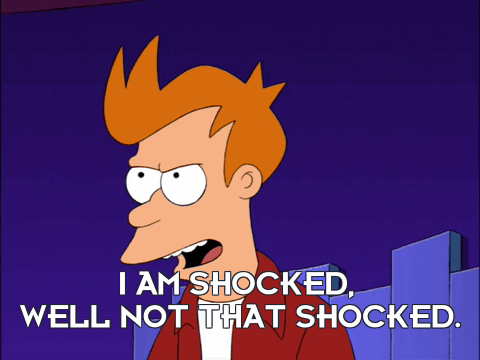A group of 20 Serbians and Montenegrins, some of whom had fought with Moscow-backed separatists in eastern Ukraine, were arrested in Podgorica, the Montenegrin capital. In Serbia, meanwhile, several Russian nationals suspected of coordinating the plot were caught with 120,000 and special forces uniforms.
According to the Belgrade daily, Danas, the Russians also had encryption equipment and were able to keep track of Đjukanovićs whereabouts.
Diplomatic sources told the Guardian the Belgrade government quietly deported the Russians after the intervention of the head of the Russian security council, Nikolai Patrushev, who flew to Belgrade on 26 October in an apparent effort to contain the scandal. The countrys interior minister, Neboja Stefanović denied the government carried out any deportations connected to the plot.
A source close to the Belgrade government said Patrushev, a former FSB (federal security service) chief, apologised for what he characterised as a rogue operation that did not have the Kremlins sanction.
The Serbian government was further rattled three days after Patrushevs visit when a cache of arms was found near the home of the prime minister, Aleksandar Vučić. The weapons were discovered at a junction where Vučićs car would normally slow down on his way to the house.
Stefanović said there were strong suspicions that an organised crime gang had been hired to kill Vučić for 10m, but he would not specify who was behind the alleged plot, saying further investigation would show whether people outside the region were involved.


